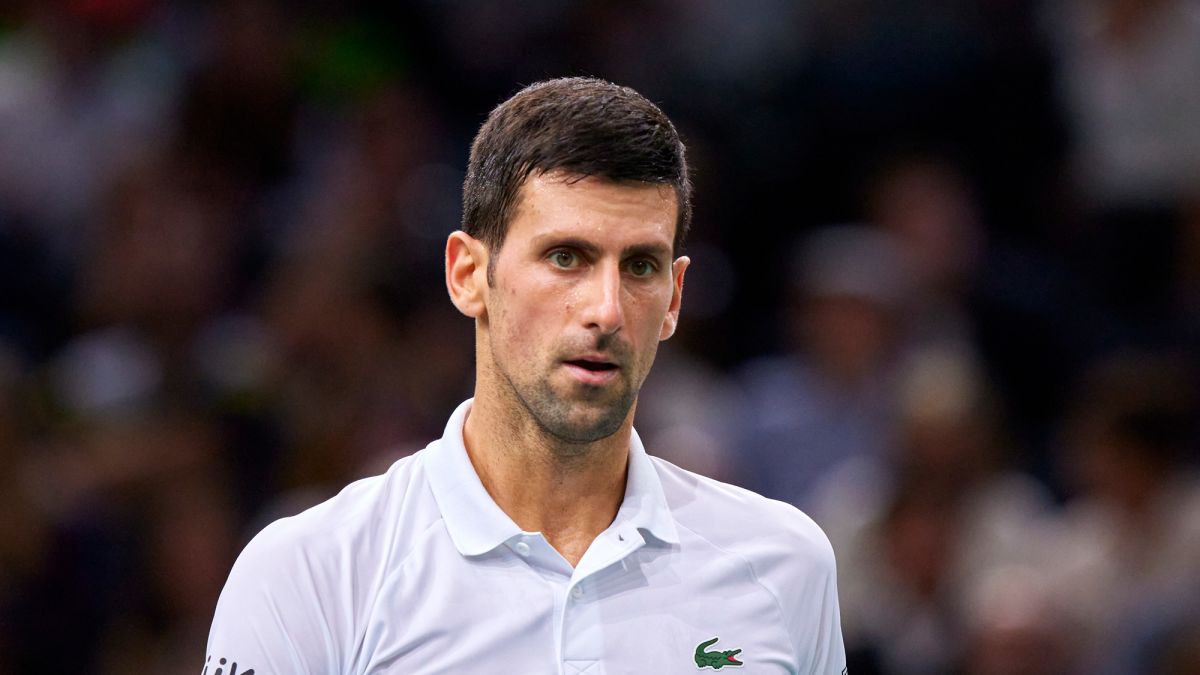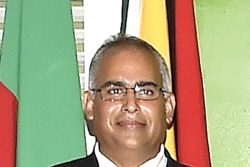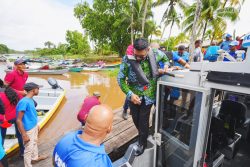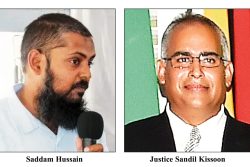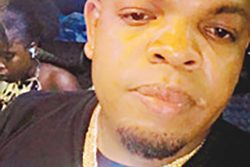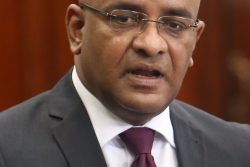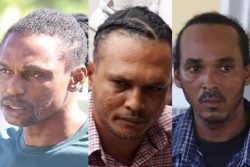MELBOURNE, (Reuters) – World tennis No. 1 and vaccine sceptic Novak Djokovic blamed human error yesterday for a mistake in his Australian immigration paperwork and apologised for breaking isolation for a photoshoot when he had COVID-19 last month.
The 34-year-old Serbian superstar is chasing a record-breaking 21st men’s Grand Slam title at the Australian Open beginning on Monday, but he could be deported by a government unhappy with his medical exemption from inoculation against the coronavirus.
Djokovic was held alongside asylum-seekers at an immigration detention hotel in Melbourne for several days before a judge said that treatment was unreasonable and ordered him freed.
Though training now for the tournament at Melbourne Park, Djokovic could still have his visa cancelled again if Immigration Minister Alex Hawke exercises discretionary power.
Djokovic’s cause was not helped by a mistake in his entry declaration, where the box stating he had not travelled abroad in the two weeks prior to leaving for Australia was ticked.
In fact, he had gone to Spain from Serbia.
“This was submitted by my support team on my behalf – as I told immigration officials on my arrival – and my agent sincerely apologises for the administrative mistake,” Djokovic said on Instagram.
“This was a human error and certainly not deliberate.”
Giving wrong information on the form carries a maximum penalty of 12 months’ prison plus a fine and potential visa cancellation.
There is widespread anger over the saga among Australians, who have a 90% vaccination rate among adults.
“I don’t like his arrogance,” said one Melbourne resident, Teyhan Ismain. “It does seem that he’s been telling a few fibs too. So I think he should just probably go back.”
‘ERROR OF JUDGEMENT’
Djokovic was also contrite over an interview and photoshoot for French newspaper L’Equipe on Dec. 18 while infected with COVID-19 for the second time.
“I didn’t want to let the journalist down, but did ensure I socially distanced and wore a mask except when my photograph was being taken,” he said. “This was an error of judgement.”
The International Tennis Writers Association said it was deeply concerned Djokovic did not inform L’Equipe’s team that he had tested positive. “As journalists, we take great care to adhere to all Covid-19 rules in place and we would expect all players to do the same,” its co-presidents said in a statement.
Djokovic said he would not comment more on the vaccine controversy out of respect for Australian authorities. “I just want to have the opportunity to compete (there),” he posted.
Djokovic’s visa was initially cancelled on grounds he was unvaccinated and his exemption – based on having COVID-19 last month – was deemed unsatisfactory.
He denied media reports he also knew he was infected when he attended a Dec. 17 event in Belgrade to present awards to children.
“I was asymptomatic and felt good, and I had not received the notification of a positive PCR result until after that event,” he said, adding that a rapid antigen test before the event was negative.
However, in an affidavit to an Australian court, Djokovic said he was diagnosed on Dec. 16, the day before.
